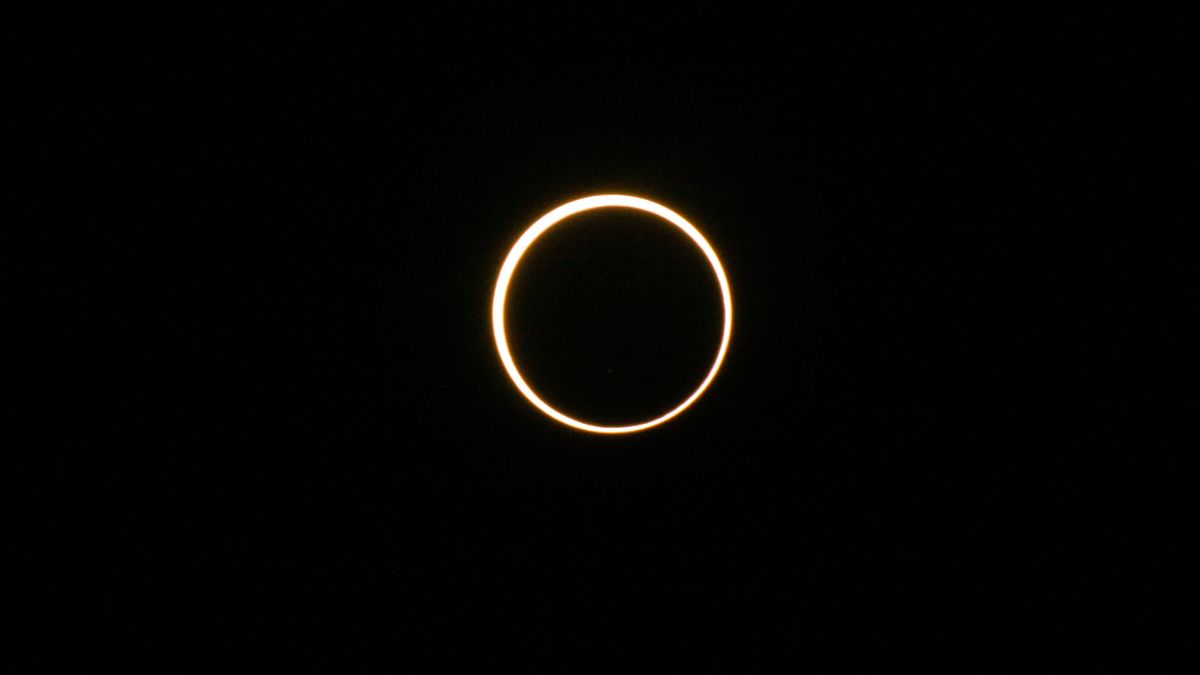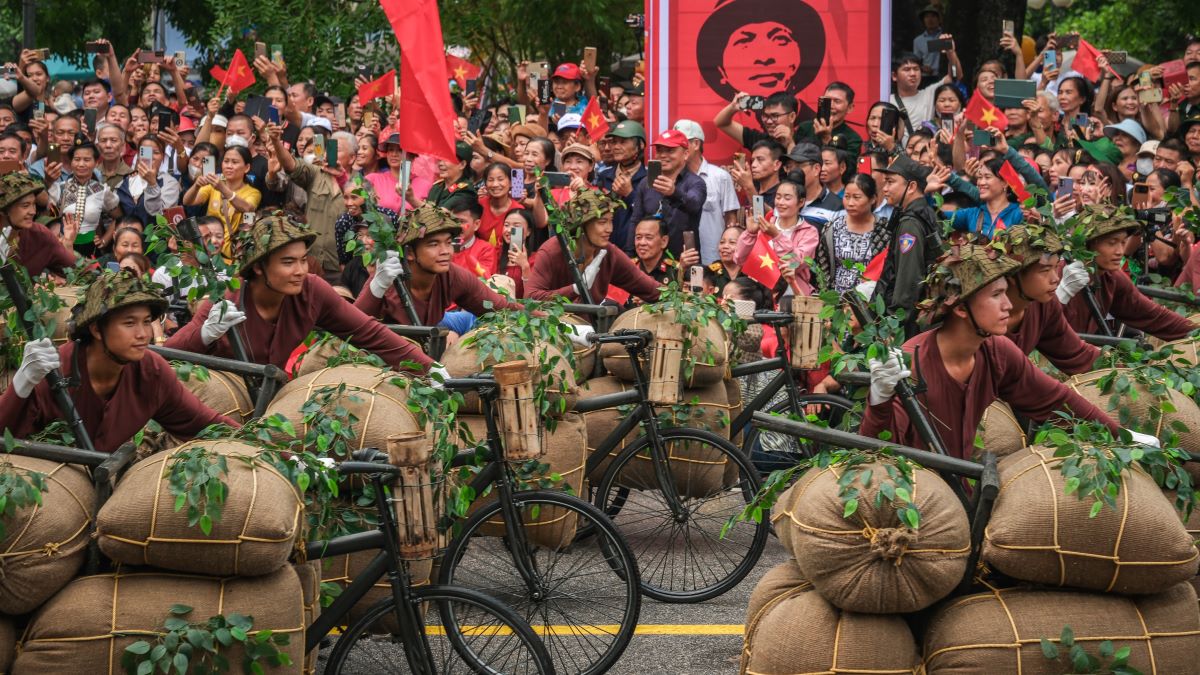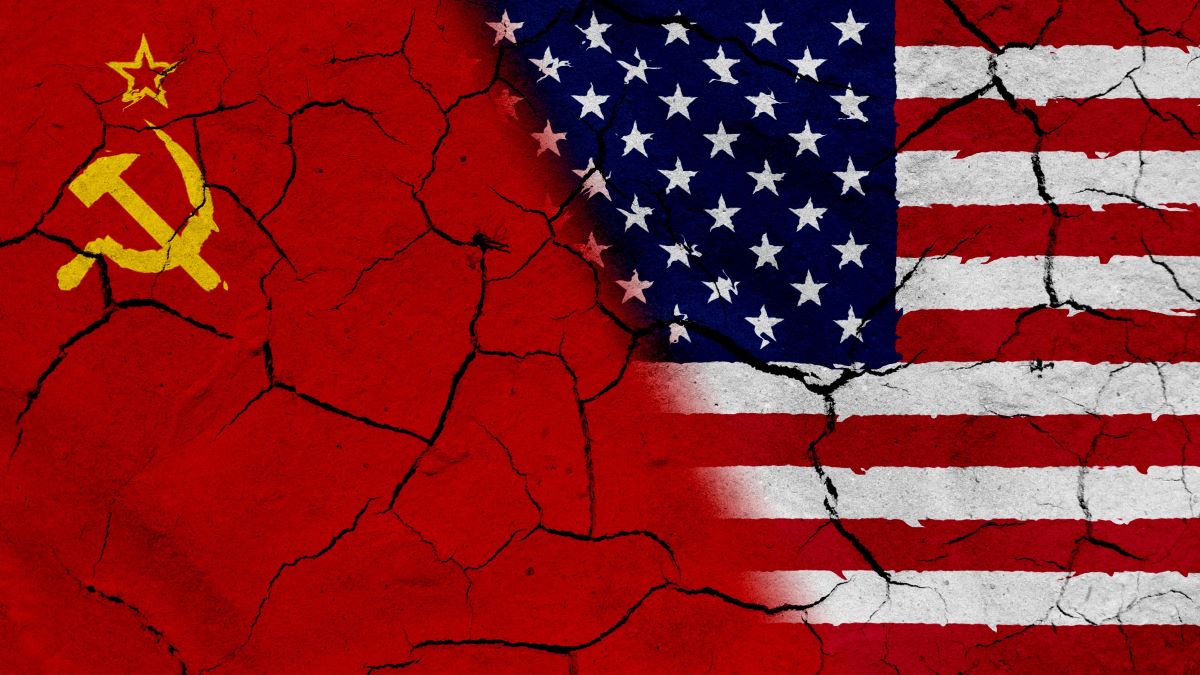Solar eclipses are more common than you’d think, but total eclipses are far more rare. The phenomenon occurs when the moon takes up position between the sun and Earth and casts our planet in the shadow of the moon.
It’s a beautiful act of nature, and one that’s been occurring since the early days of our solar system. The earliest recordings of eclipses may well date back to long before the common era, with NASA noting a series of petroglyphs from Nov. 30, 3340 B.C.E. as likely the first-ever record of the phenomenon.
A total eclipse — or an eclipse that, from certain areas of Earth, completely blocks out the sun — occurs approximately once every 18 months, but it’s not visible from every area of the world. The eclipse expected on April 8, 2024 will be visible from Mexico, the U.S., and Canada, and — for some, at least — it’s a once-in-a-lifetime event. The next time a total solar eclipse will be viewable from the U.S. won’t come about until Aug. 23, 2044. As such, eager eclipse hunters are prepping for the occasion, and eclipse glasses are a must-have.
For decades now, claims of the damage an eclipse can do to the eyes have swirled, but plenty of people doubt that narrative. Sure, looking at the sun is bad for your eyes, but why should darkness do any harm to our peepers? Is there any truth behind claims that viewing a solar eclipse without proper protection can cause blindness?
Does looking at a solar eclipse really cause blindness?
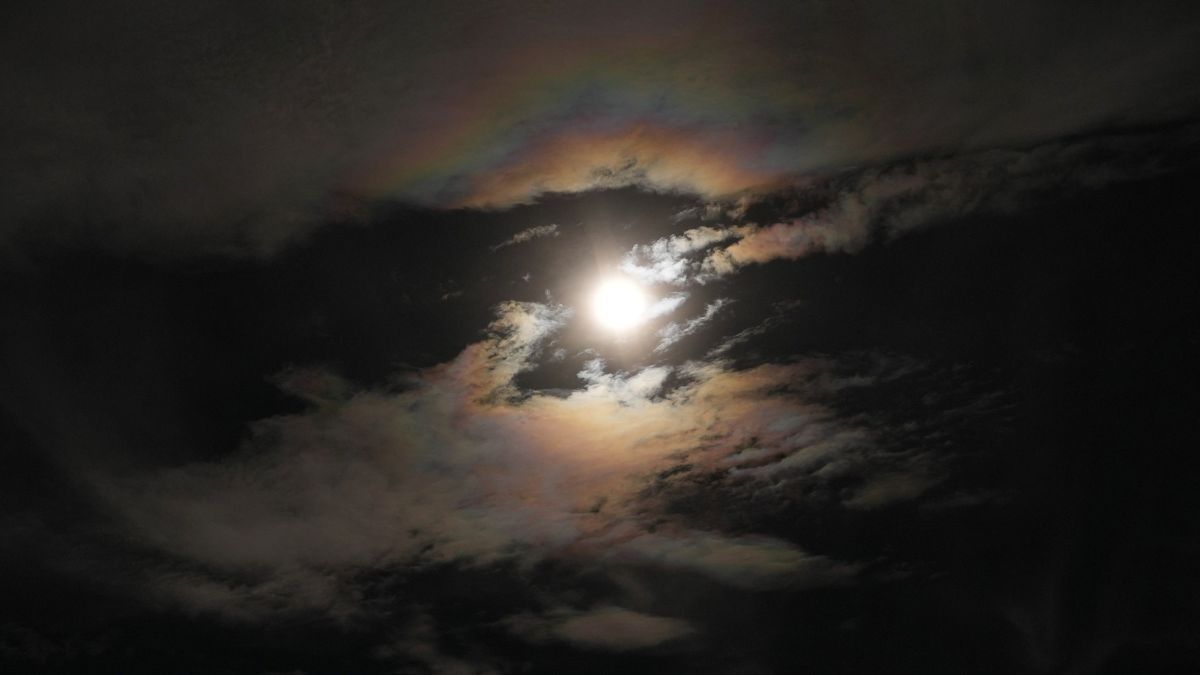
Staring at the sun for an extended period of time is a well-documented bad idea, as eye contact with the big burning ball can lead to retinal burns and reduced vision. It makes sense — the sun is incredibly bright, and our eyes can only handle so much light before they’re damaged. But staring at an eclipse is essentially the opposite of staring at the sun, right? The whole point of an eclipse is the concealment of the sun itself, so why should it do damage to our eyes?
The answer is pretty simple, but extremely important. Yes, there is less danger in looking at the sun when it is in full eclipse, but even then, damage can be caused. The sun is still back there, and — while a bulk of its brightness is shielded — that does nothing but lower our guards. The lack of blinding brilliance in fact lessens the pain we feel upon gazing at something bright, which makes many people push their eyes far harder than they should.
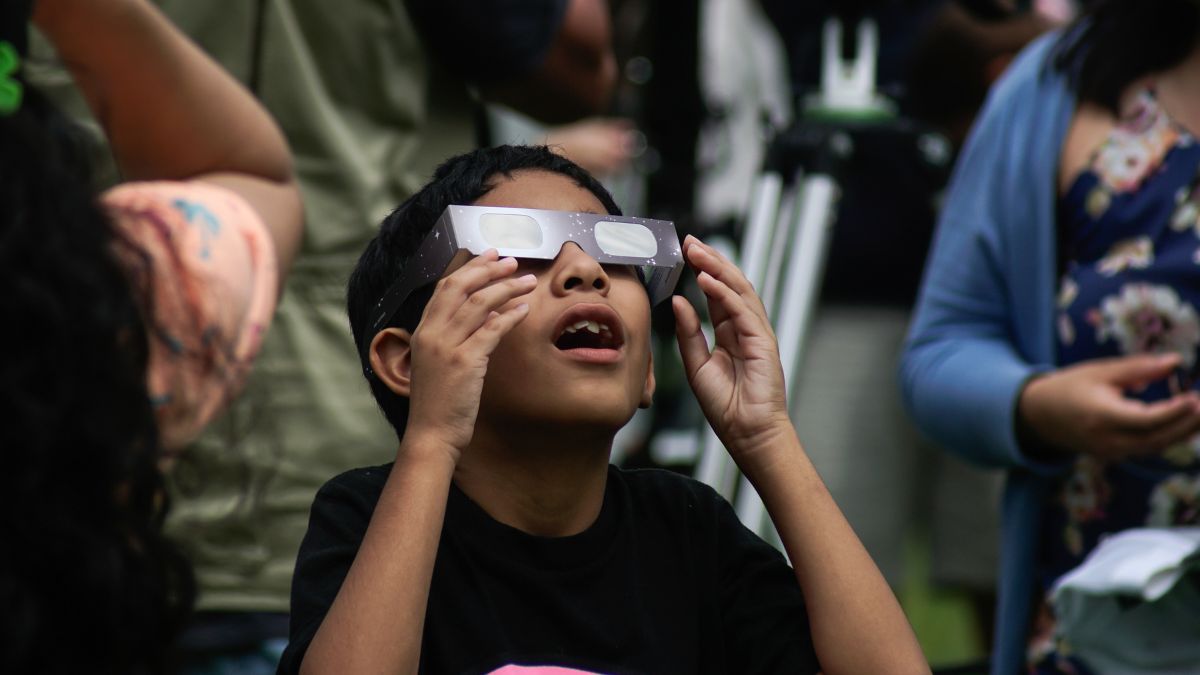
You should always — ALWAYS — wear eye protection when looking at a solar eclipse. It’s not common for blindness to follow an unshielded look at an eclipse, but damage to the retinas is far more frequent. It’s also not impossible for blindness to come as a result of extended eye contact with an eclipse, but it can take days for the consequences of your actions to catch up to you.
In the moment, staring at an eclipse without proper protection can feel completely fine. Without pain, we often don’t realize that we’re causing harm to ourselves, but every minute you enjoy an eclipse without eye gear can cause retinal burns — also known as retinopathy or “eclipse blindness” — which destroys cells in the retina. In the moment, it may feel like no damage is being done, but within hours and sometimes even days, the results of this bad idea will start to emerge. Early signs of retinal damage typically include the loss of central vision, blurring, and an alteration of your color vision. It’s not common for people to go completely blind, but you can do enough damage to your vision to make the difference null and void.
To protect your eyes from potential damage, you’ll need more than a basic pair of shades. Instead, you’ll want to locate “solar eclipse visors or glasses,” which, according to Live Science, “typically reduce the amount of light reaching the eye by a factor of 250,000.” These eye shields cut down on the amount of light that reaches the eye, and are paramount for people hoping to catch a glimpse of the eclipse this April. Don’t be Donald Trump, now ⏤ protect those eyes at all costs. After all, they’re the only ones you’ve got.

